The Q Game: A Powerful Tool For Strategic Thinking And Decision-Making
The Q Game: A Powerful Tool for Strategic Thinking and Decision-Making
Related Articles: The Q Game: A Powerful Tool for Strategic Thinking and Decision-Making
Introduction
With enthusiasm, let’s navigate through the intriguing topic related to The Q Game: A Powerful Tool for Strategic Thinking and Decision-Making. Let’s weave interesting information and offer fresh perspectives to the readers.
Table of Content
The Q Game: A Powerful Tool for Strategic Thinking and Decision-Making
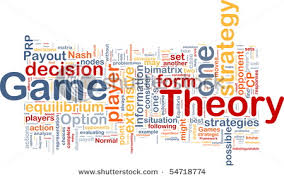
The term "Q Game" refers to a unique and versatile method for exploring complex systems and facilitating strategic decision-making. It is a powerful tool for understanding the dynamics of a situation, identifying key stakeholders, and uncovering hidden assumptions that might otherwise go unnoticed. The Q Game’s effectiveness lies in its ability to combine quantitative analysis with qualitative insights, offering a comprehensive perspective that is both rigorous and insightful.
Understanding the Q Game’s Mechanism:
The Q Game is fundamentally a participatory process that involves a group of individuals working together to analyze a specific issue or situation. It is based on the principles of "policy Delphi" and "nominal group technique," drawing upon the collective wisdom of participants to generate a deeper understanding of the problem at hand.
The core of the Q Game lies in the use of "Q-sorts," a set of statements or cards that represent different perspectives, opinions, or beliefs related to the issue under discussion. Participants are asked to sort these cards into predetermined categories based on their level of agreement or disagreement with each statement. This sorting process allows for a structured and systematic exploration of diverse viewpoints, revealing patterns and trends that might not be apparent through traditional discussion methods.
The Q Game’s Applications:
The Q Game’s versatility makes it applicable to a wide range of fields and situations. It has been successfully employed in various domains, including:
- Business Strategy: Identifying and analyzing key factors influencing market dynamics, understanding competitor strategies, and developing effective business plans.
- Organizational Development: Understanding the perspectives of different stakeholders within an organization, identifying areas of conflict, and fostering collaboration.
- Policy Analysis: Exploring the complexities of policy issues, understanding the potential consequences of different policy options, and identifying potential unintended consequences.
- Education: Facilitating student engagement in critical thinking, promoting collaborative learning, and fostering deeper understanding of complex concepts.
- Social Research: Examining the perspectives of different social groups on a particular issue, understanding the factors influencing public opinion, and developing effective communication strategies.
Benefits of Utilizing the Q Game:
The Q Game offers numerous benefits, including:
- Enhanced Understanding: It facilitates a deeper understanding of complex issues by uncovering hidden assumptions, revealing underlying patterns, and exposing the diverse perspectives of stakeholders.
- Improved Decision-Making: By promoting a comprehensive and nuanced understanding of the situation, the Q Game enables more informed and strategic decision-making.
- Increased Participation: The participatory nature of the Q Game encourages active engagement from all participants, fostering a sense of ownership and responsibility.
- Reduced Conflict: By providing a structured platform for expressing different viewpoints, the Q Game can help to reduce conflict and promote understanding between stakeholders.
- Greater Transparency: The Q Game promotes transparency by making the assumptions and perspectives of all participants explicit, fostering a more open and collaborative environment.
The Q Game in Action: A Practical Example:
Consider a company facing declining sales. The Q Game could be used to analyze the situation by developing a set of Q-sort statements related to potential causes for the decline. These statements could include:
- "The company’s products are no longer meeting customer needs."
- "Competitors are offering more attractive products and services."
- "The company’s marketing strategies are ineffective."
- "The company’s pricing is too high."
- "The company’s distribution channels are inefficient."
Participants would then sort these statements into categories based on their level of agreement or disagreement. The resulting data can be analyzed to identify the key factors contributing to the decline in sales, providing valuable insights for developing effective solutions.
FAQs: Demystifying the Q Game
Q: What is the difference between the Q Game and traditional brainstorming?
A: While both methods involve generating ideas and exploring different perspectives, the Q Game distinguishes itself through its structured approach and emphasis on quantifying the relative importance of different perspectives. Traditional brainstorming is more open-ended and less structured, often relying on subjective evaluations of ideas. The Q Game, on the other hand, provides a framework for analyzing and comparing different perspectives systematically.
Q: How many participants are needed for a Q Game session?
A: The number of participants required for a Q Game session depends on the complexity of the issue being analyzed. Generally, a group of 5-15 participants is sufficient to generate a diverse range of perspectives. However, larger groups can be accommodated, with the facilitator adapting the process to ensure effective engagement.
Q: What role does the facilitator play in a Q Game session?
A: The facilitator plays a crucial role in guiding the Q Game process, ensuring that all participants are engaged and that the session remains focused on the issue at hand. They are responsible for selecting the appropriate Q-sort statements, providing clear instructions, and moderating the discussion. The facilitator also plays a key role in interpreting the results of the Q-sort and translating them into actionable insights.
Q: What are the limitations of the Q Game?
A: While the Q Game is a powerful tool for exploring complex issues, it is important to be aware of its limitations. It is not a substitute for rigorous quantitative research or in-depth qualitative analysis. The Q Game provides a valuable starting point for understanding a situation but should be used in conjunction with other methods to gain a comprehensive picture.
Tips for Implementing the Q Game:
- Define a clear objective: Clearly articulate the specific issue or problem being addressed by the Q Game.
- Develop a relevant Q-sort: Create a set of statements that accurately reflect the different perspectives and opinions related to the issue.
- Choose appropriate participants: Select individuals with diverse backgrounds, expertise, and perspectives to ensure a comprehensive analysis.
- Provide clear instructions: Ensure all participants understand the process and the purpose of each step.
- Facilitate an open and respectful environment: Encourage participants to share their views freely and respectfully, even if they differ from others.
- Analyze the results systematically: Use statistical methods to identify patterns and trends in the Q-sort data.
- Translate the results into actionable insights: Identify key findings and formulate recommendations based on the analysis.
Conclusion:
The Q Game is a valuable tool for strategic thinking and decision-making, offering a unique blend of quantitative and qualitative analysis. Its participatory nature encourages engagement from all stakeholders, fostering a deeper understanding of complex issues and promoting more informed and effective decision-making. By embracing the Q Game’s structured approach and facilitating a collaborative environment, individuals and organizations can harness its power to navigate the challenges and opportunities of a complex world.
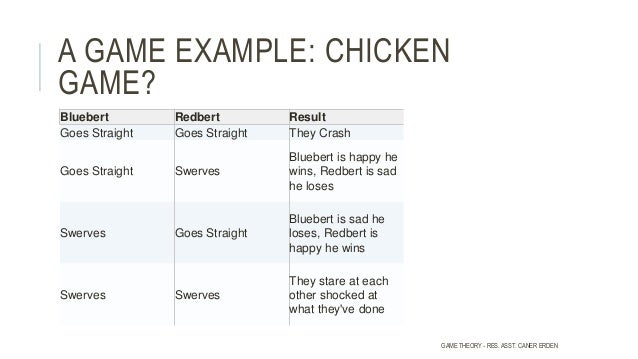

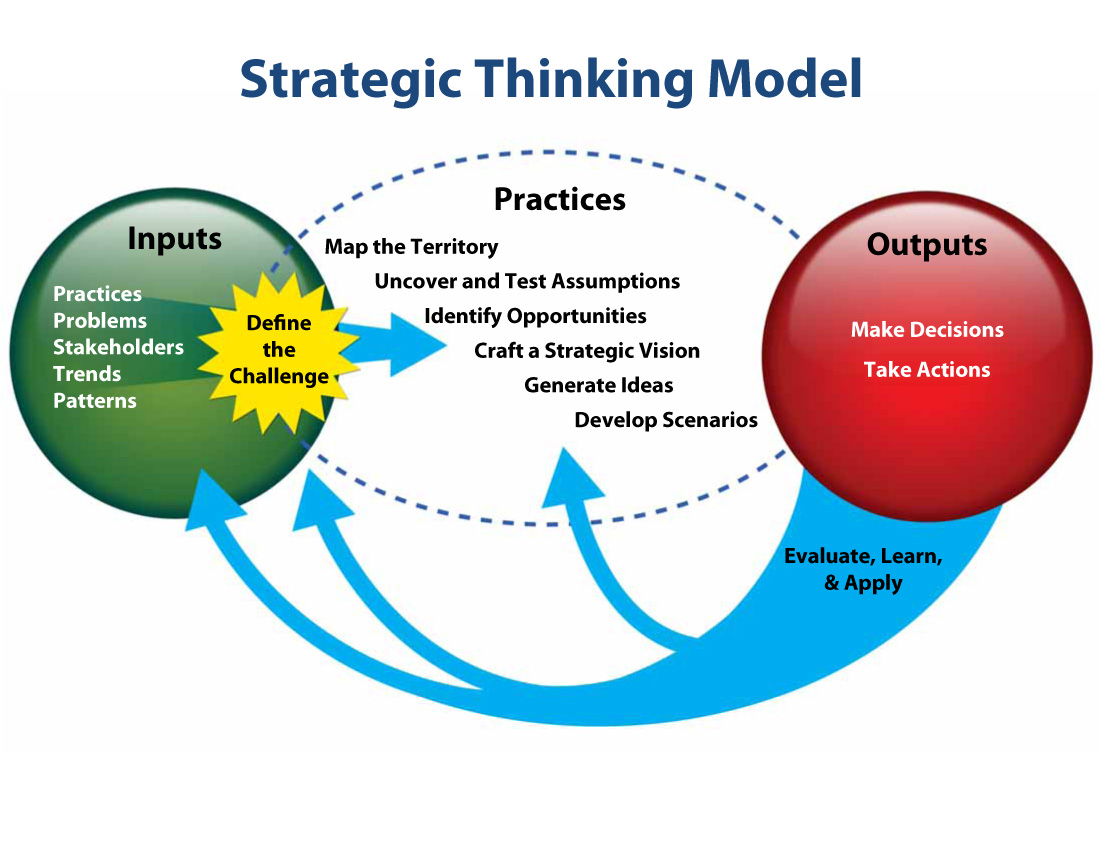
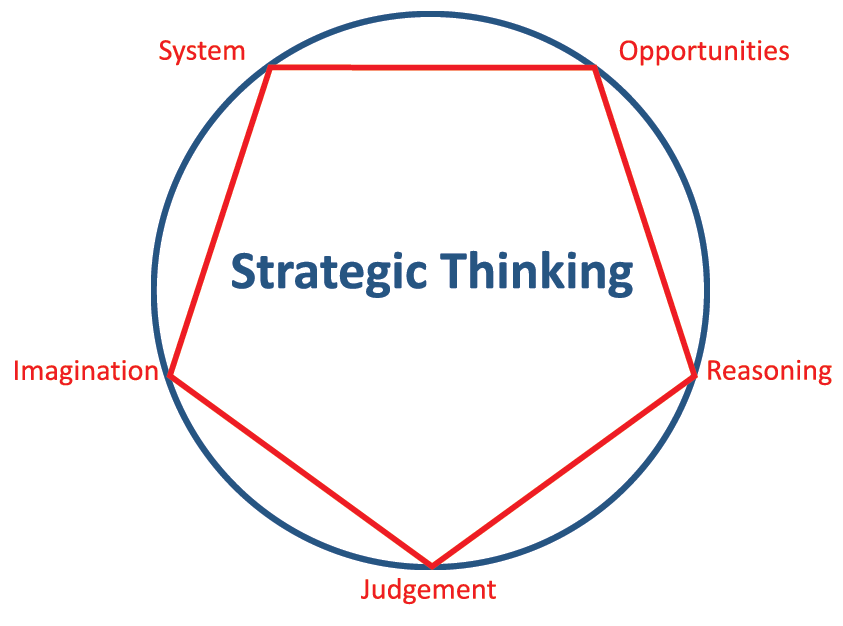
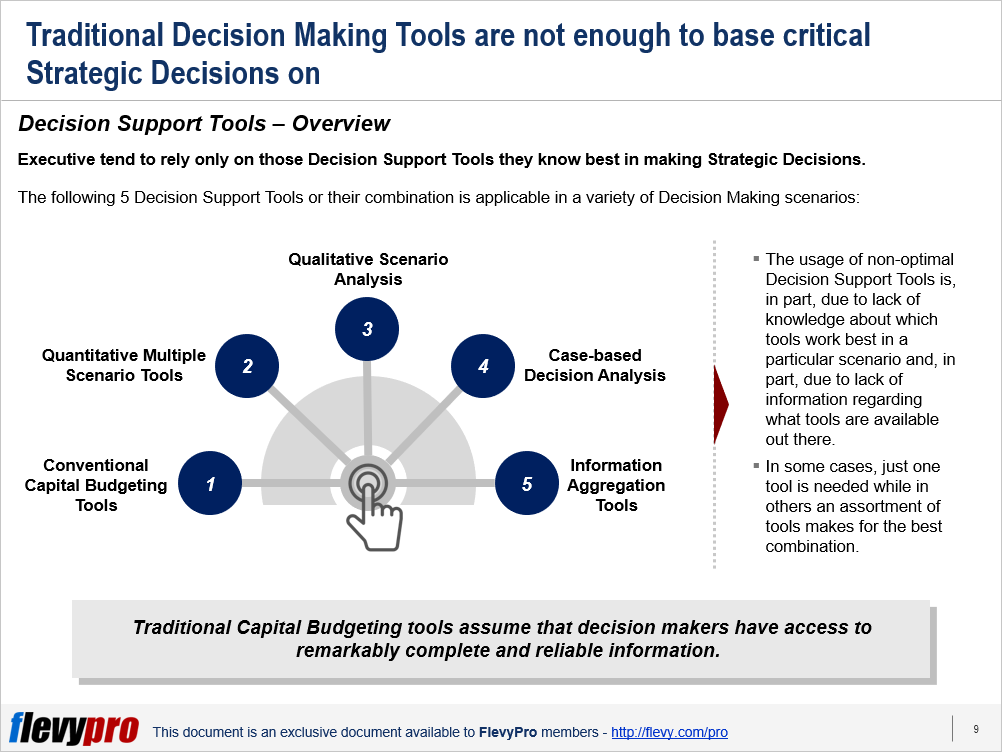


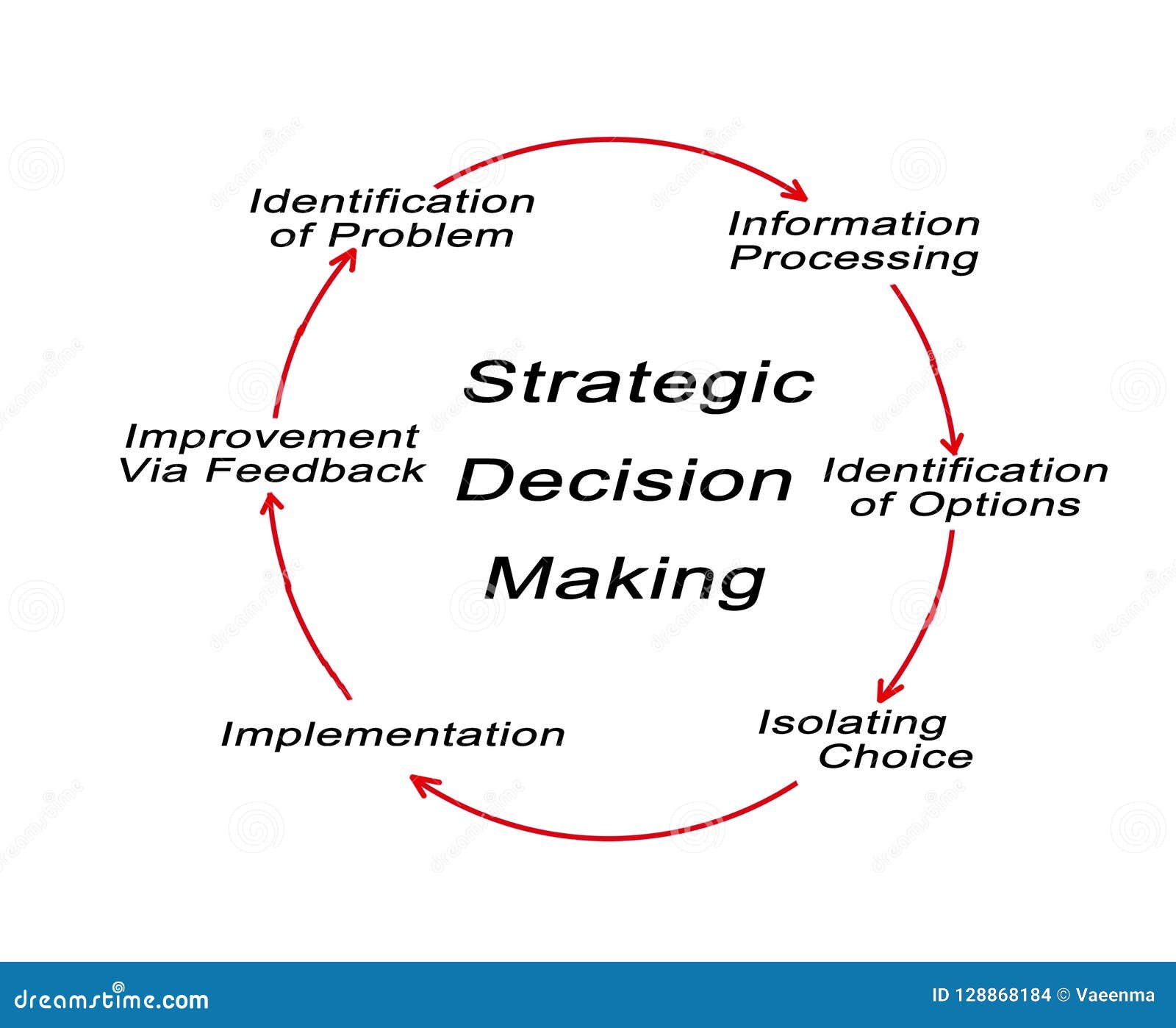
Closure
Thus, we hope this article has provided valuable insights into The Q Game: A Powerful Tool for Strategic Thinking and Decision-Making. We appreciate your attention to our article. See you in our next article!